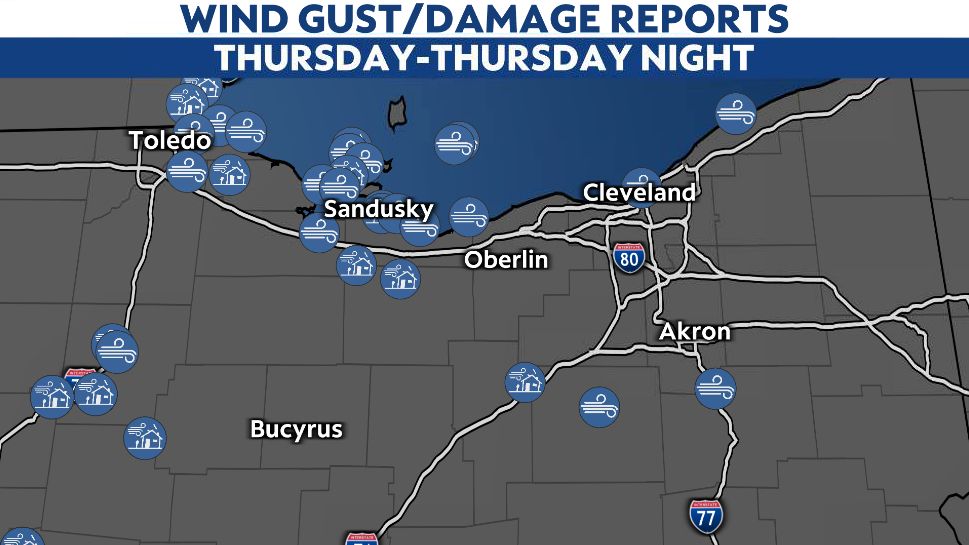A pair of congressmen said Friday they’re fielding a team that will work to help preserve historic sports stadiums.
What You Need To Know
- Reps. Mark Pocan, D-Wis., and Garret Graves, R-La., announced they’ve launched the bipartisan Historic Stadium Caucus, whose goal is to protect the value of the stadiums and help them adapt to evolving needs
- The congressmen released an initial list of 18 venues they’re committed to saving
- The House members also noted the venues are economic catalysts to their communities and also often serve as emergency preparedness centers
- The venues on the list include the Rose Bowl in Pasadena, California, the Los Angeles Memorial Coliseum and the Cotton Bowl in Dallas
Reps. Mark Pocan, D-Wis., and Garret Graves, R-La., announced they’ve launched the bipartisan Historic Stadium Caucus and released an initial list of 18 venues they’re committed to saving.
The co-chairs of the new caucus, Pocan and Graves say the goal is to protect the value of the stadiums and help them adapt to evolving needs so they can continue to host sporting events and other entertainment.
The House members also noted the venues are economic catalysts to their communities and also often serve as emergency preparedness centers.
Many of the stadiums on the list of 18 are 100 years old or nearing that milestone.
They include the Rose Bowl in Pasadena, California, the Los Angeles Memorial Coliseum and the Cotton Bowl in Dallas.
The Rose Bowl, which opened in 1922, is the home of the Rose Bowl game and the UCLA Bruins and has hosted five Super Bowls. The 100-year-old Memorial Coliseum has long been the home of USC as well as, in past years, the NFL’s Rams and Raiders and the American Football League’s Chargers. The Cotton Bowl hosted the Cotton Bowl Classic from 1937-2009 and was previously the home stadium of the NFL’s Dallas Cowboys and Southern Methodist University.
Also on the list are Penn State’s Beaver Stadium, Wisconsin’s Camp Randall Stadium, Mississippi State’s David Wade Stadium, Penn’s Franklin Field, Washington’s Husky Stadium, Auburn’s Jordan-Hare Stadium, three different venues named Memorial Stadium — at California, Illinois and Clemson — Cincinnati’s Nippert Stadium, San Jose State’s Spartan Stadium, LSU’s Tiger Stadium, Ole Miss’ Vaught-Hemingway Stadium, Duke’s Wallace Wade Stadium and Yale’s Yale Bowl.
“When Tiger fans walk into Death Valley on Saturday nights, they do more than watch a football game – they walk into a 99-year-old local icon that supports our regional economy,” Graves said in a statement. “Every bowl of jambalaya scooped and Tiger Dog served injects jobs and resources into our community. I am proud to join Rep. Pocan to preserve the legacies of some of our most historic landmarks and create new memories for future generations.”
Added Pocan, also in a statement: “Historic stadiums, like Camp Randall Stadium where the University of Wisconsin-Madison Badgers play, serve a vital role in our communities. Not only are they where memories are made and young people get inspired to play sports, but they’re often hubs of economic activity. We must do everything we can to protect these iconic venues in our communities.”
Pocan and Graves identified three key areas on which the Historic Stadium Caucus will focus: security and safety enhancements, technological upgrades, and funding for infrastructure updates. They did not go into specifics about how Congress might help the venues reach those goals.
The congressmen said they plan to soon circulate a letter to recruit other House members to the caucus and then they will discuss strategies.
“It is important to remember that these historic stadiums are not just grass, goalposts, and concrete,” Dedan Brozino, president of the Rose Bowl Legacy Foundation, which works to preserve and enhance the stadium, said in a statement. “They are a point of pride for cities and states where generations have come together to cheer, celebrate, and create lasting memories. By investing in infrastructure, we are not only preserving the physical structures, but also strengthening the cultural heritage, sense of identity and sportsmanship initiatives that these stadiums represent.”
The caucus’ initial list of stadiums has some notable omissions, including Notre Dame Stadium, Michigan Stadium, Ohio State’s Ohio Stadium, Alabama’s Bryant-Denny Stadium and Texas’ Darrell K Royal–Texas Memorial Stadium.
Spectrum News reached out to Pocan’s and Graves’ offices Friday, but no one was available to answer questions about the criteria used for the list and whether the caucus planned to eventually expand its focus to include venues in other sports or professional stadiums and arenas.




